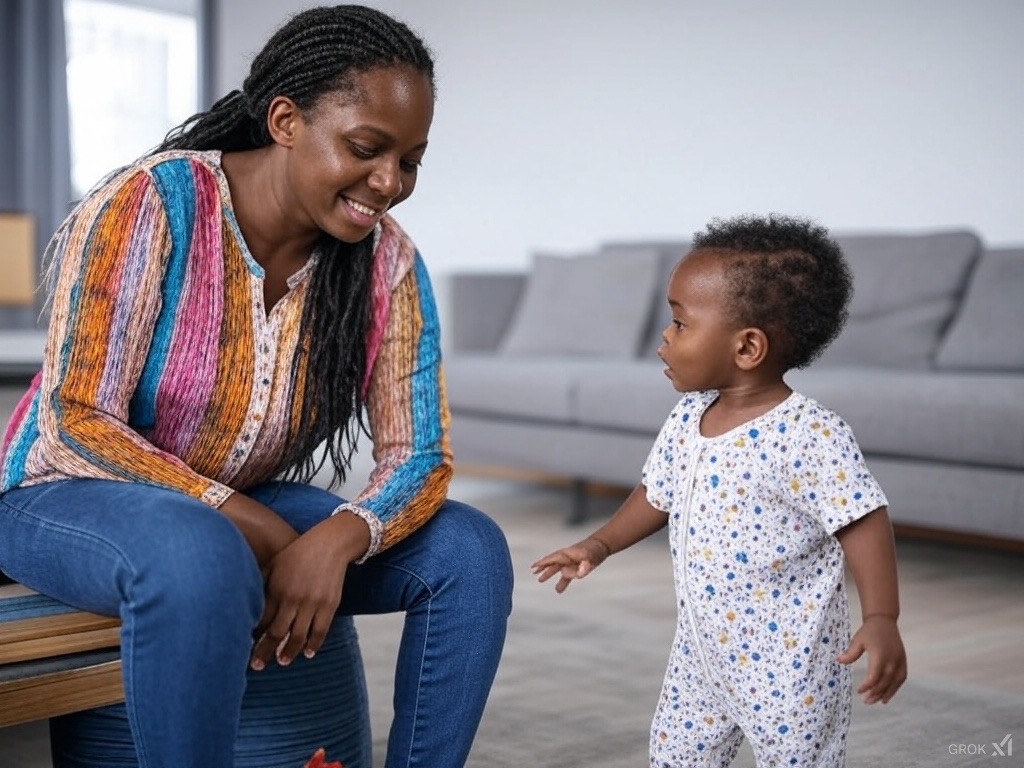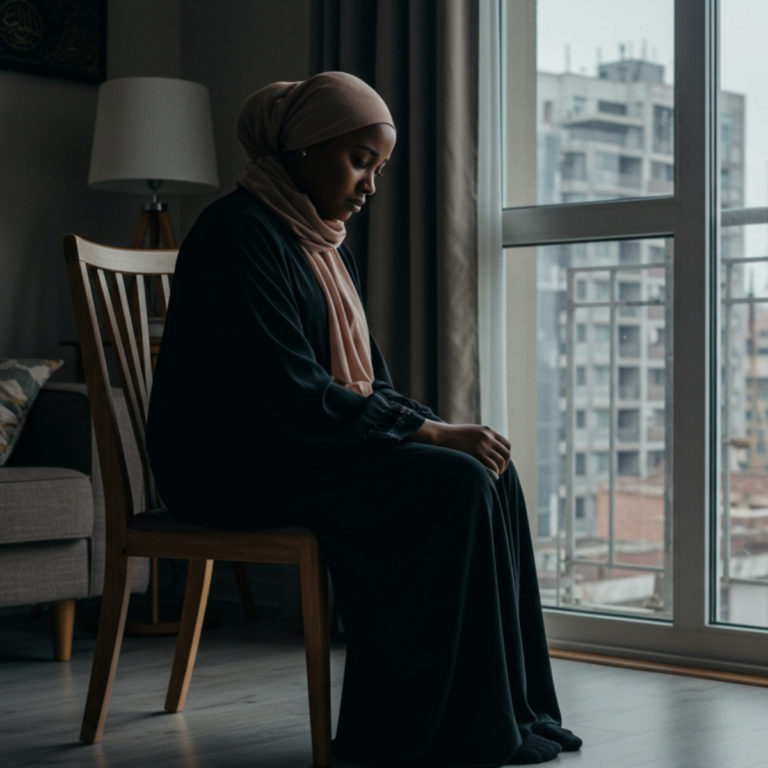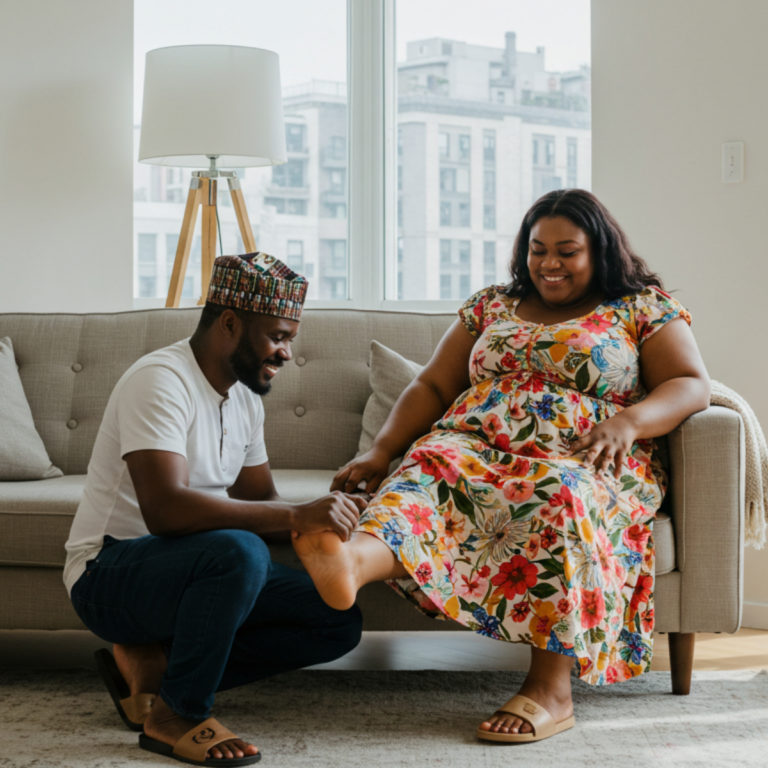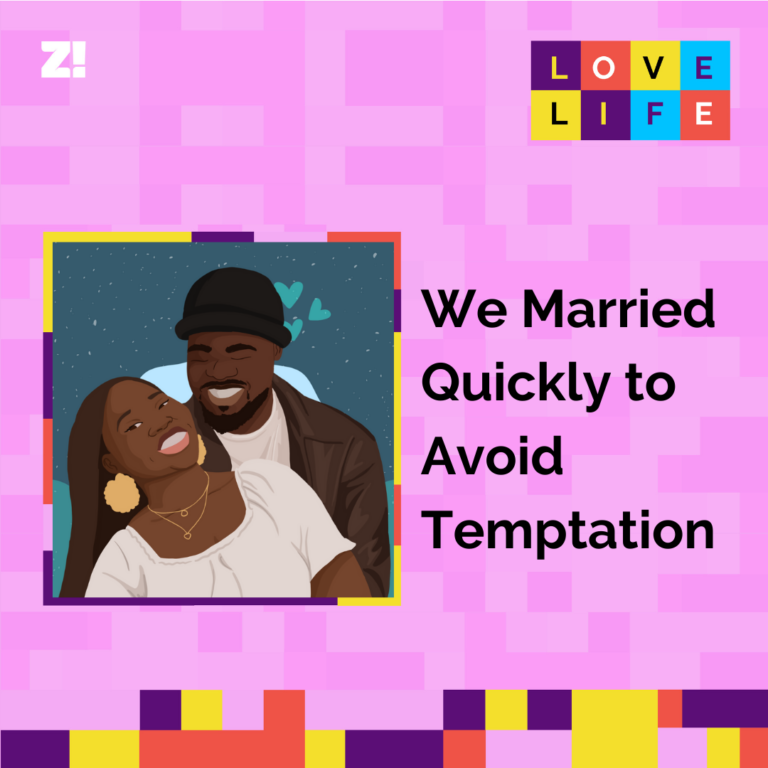
For *Tito, a 31-year-old mother of one, growing up in a Nigerian household meant discipline, structure, and a lot of lessons — some spoken, others learned through experience. Her childhood was an equal mix of warmth and strict parenting. Her mother was the disciplinarian, the kind of parent whose response to every situation was either shouting or beating. Her father, on the other hand, was more measured, choosing to understand situations before deciding on a punishment.
With brothers who doubled as protective figures, Tito’s childhood wasn’t void of love. But like many Nigerian children, love was mostly expressed through actions, not words. “I never had deep conversations about emotions, relationships, or even sex with my parents,” she tells Zikoko. “By the time I was in university, the only conversation my mum was interested in was ‘Maa gbe oyun waale’ (Don’t bring pregnancy home).”
Now that she’s married and has a child of her own, she’s intentional about breaking certain cycles. But parenting, as she has learned, is a never-ending journey of learning, unlearning, and adapting.
“I swore I’d never beat my kids like my mum did”
Tito appreciates many things about her upbringing — especially the fact that her parents were always present, no matter what. Even in boarding school, she never lacked visits, letters, or check-ins. “Do you know how many children never see or hear from their parents the entire term?” she asks. “That was never my story, and I’m grateful for it.”
But Tito doesn’t believe that everything from her childhood is worth carrying forward. “Omo, my mother used to beat like say no be she born you,” she reminisces. “And honestly, I don’t think it ever taught me any real lesson. I understand consequences better when things are explained to me.”
That’s why, when she thinks about discipline in her own home, she’s doing things differently.
TAKE THE QUIZ: What Kind of Parent Will You Be?
“Beating is the first Instinct, but I catch myself”
Like many Nigerian parents, Tito’s first instinct when her child misbehaves is to spank. “It’s almost automatic,” she admits. “But then, I remind myself that I don’t want to parent on autopilot. So, I take a step back.”
Instead of beatings, she’s introduced alternative disciplinary methods. “We have a naughty corner. We take away screen time, paint time — things my child really values. A few minutes of tears, and he remembers that being naughty is not the way,” she says. “He’ll stylishly come back to apologise, and then we move on.”
Discipline, for Tito, is about balance. “Children will test you,” she admits. “No one is ever truly prepared for this parenting thing.”
“Please, Thank You, and I Love You… these little things matter”
Tito may not have been raised with verbal expressions of love, but she’s making sure her child hears it often. “I use ‘please,’ ‘thank you,’ and ‘I love you’ a lot with my toddler,” the mother of one shares. “I don’t remember my parents doing that with me, but I want my child to always feel valued and heard.”
Boundaries and emotional intelligence are also high on her list. “It’s hard to teach a toddler about emotions and personal space, but I stay consistent,” she says. “One day, he’ll make full sense of all my ‘gibberish’.”
On parenting with intention: “I think more about my child’s emotional well-being”
The biggest shift between how she was raised and how she’s raising her child is emotional awareness. “I think I’m more intentional about how my child feels,” she says. “Not just physically, but emotionally too.”
When asked how her own parents would react to her parenting style, she laughs. “My mum would snicker a lot. She’d probably think I’m being soft.”
But for Tito, softness isn’t the problem. “I just want to be the kind of parent my child feels safe with,” she says. “Not the kind they fear.”
Her biggest hope? That her child grows up knowing they can always come to her. “Not just because I say so, but because they actually feel it,” she says. “That’s the real goal.”
READ THIS TOO: How to Parent After Losing A Parent




